En juillet 2020, le Ministère de l’Éducation et de l’Enseignement supérieur (MEES) a publié L’usage pédagogique de la programmation informatique, un guide destiné aux enseignants du préscolaire, du primaire et du secondaire. L’avez-vous vu?
Par cette publication, le Ministère vise à démystifier l’utilisation de la programmation informatique (aussi appelée codage) et la robotique en classe. Il souhaite également à contribuer à la réflexion sur le sujet en proposant des pistes pédagogiques pour faciliter l’intégration du codage dans les pratiques enseignantes.
Le codage, une activité pédagogique
La popularité de la programmation en contexte scolaire connaît présentement une deuxième vague. En effet, après le langage Logo et sa célèbre tortue des années 1980, voici que le chat de Scratch se répand dans les écoles du monde entier. Des applications plus simples d’utilisation, des sites consacrés à la programmation comme Code MTL et de sympathiques petits robots comme Bee-bot contribuent à ce succès. Aidé par la mesure budgétaire ministérielle qui permet aux écoles d’acquérir des ressources didactiques numériques servant à l’enseignement, le codage s’installe lentement dans les classes du Québec.
Learn more / En savoir plus / Mehr erfahren:
https://www.scoop.it/topic/21st-century-learning-and-teaching/?&tag=Coding



 Your new post is loading...
Your new post is loading...




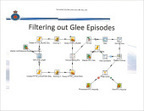
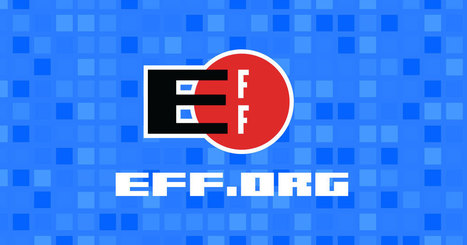

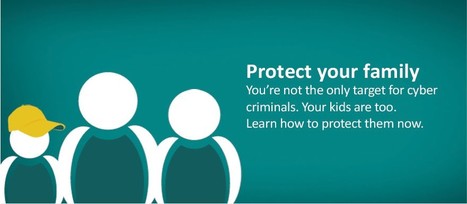
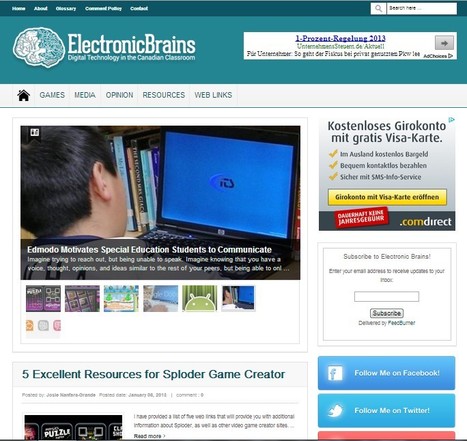


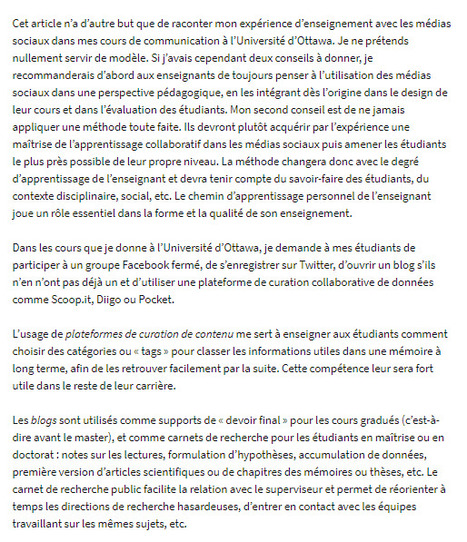











En juillet 2020, le Ministère de l’Éducation et de l’Enseignement supérieur (MEES) a publié L’usage pédagogique de la programmation informatique, un guide destiné aux enseignants du préscolaire, du primaire et du secondaire. L’avez-vous vu?
Par cette publication, le Ministère vise à démystifier l’utilisation de la programmation informatique (aussi appelée codage) et la robotique en classe. Il souhaite également à contribuer à la réflexion sur le sujet en proposant des pistes pédagogiques pour faciliter l’intégration du codage dans les pratiques enseignantes.
Le codage, une activité pédagogique
La popularité de la programmation en contexte scolaire connaît présentement une deuxième vague. En effet, après le langage Logo et sa célèbre tortue des années 1980, voici que le chat de Scratch se répand dans les écoles du monde entier. Des applications plus simples d’utilisation, des sites consacrés à la programmation comme Code MTL et de sympathiques petits robots comme Bee-bot contribuent à ce succès. Aidé par la mesure budgétaire ministérielle qui permet aux écoles d’acquérir des ressources didactiques numériques servant à l’enseignement, le codage s’installe lentement dans les classes du Québec.
Learn more / En savoir plus / Mehr erfahren:
https://www.scoop.it/topic/21st-century-learning-and-teaching/?&tag=Coding